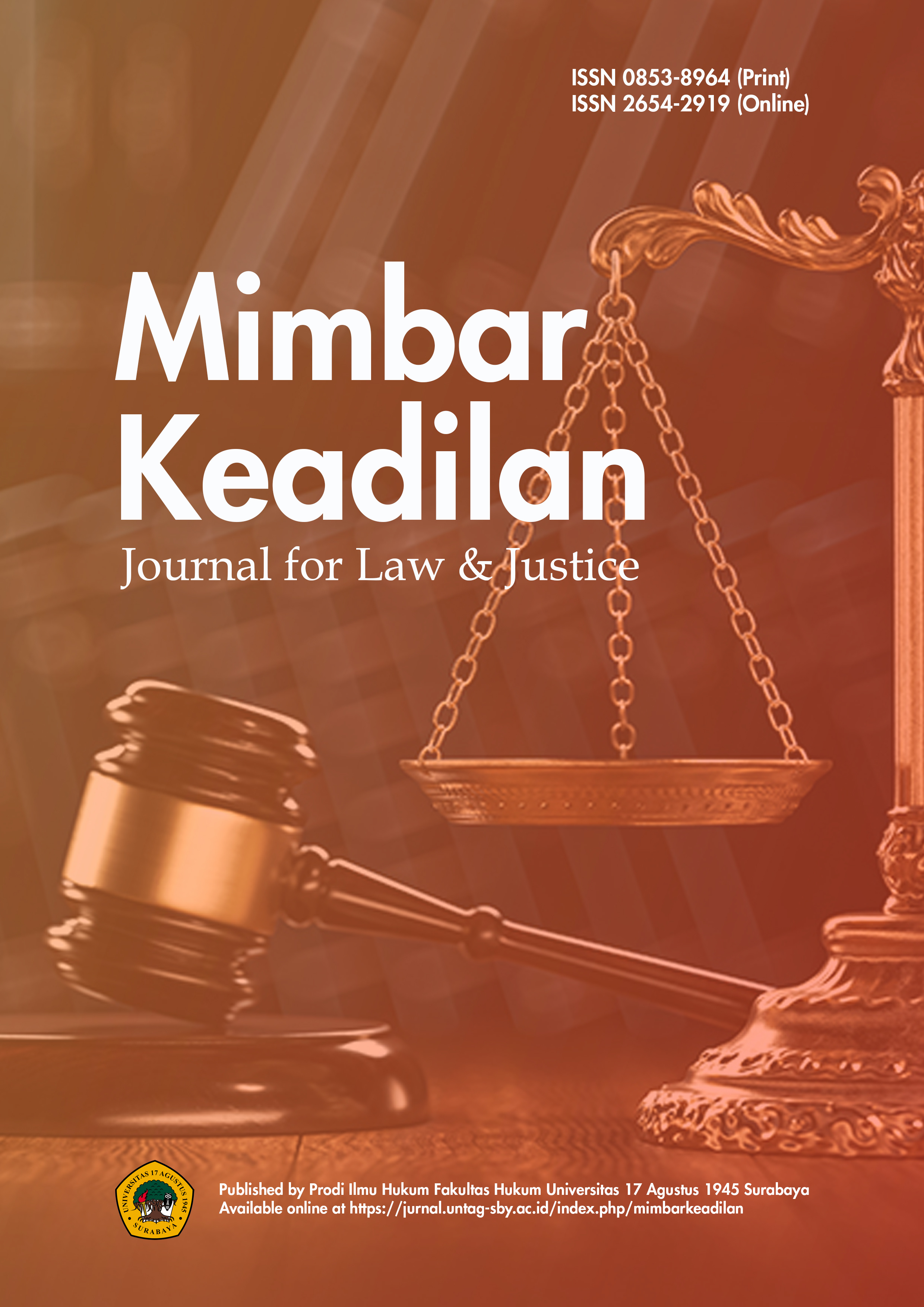Through the Justice and the Sovereignty Over Natural Resources: An Analysis of 100 % Foreign Direct Investor Ownership over Geothermal Sector Project
DOI:
https://doi.org/10.30996/mk.v17i1.10149Keywords:
Geothermal, Investment, Sovereignty, JusticeAbstract
The enactment of the Job Creation Law and the Presidential Decree Number 10 of 2021 concerning the Investment Business Sector has make it possible for foreign investors to gain 100% ownership over geothermal sector projects. This policy then raises an important question, which is whether such policy violates the Sovereignty over Natural Resources doctrine, and if so, what kind of policy should be made. This study aims to analyze Indonesia’s geothermal foreign direct investment policy through the Sovereignty over Natural Resources doctrine and implementation of the fair efficiency principle, which also includes aspects of efficiency and justice. This study is normative legal research using statute approach and conceptual approach. The result of this study indicates that, although 100% foreign investor ownership over geothermal exploitation projects could be seen as an efficient policy to attract investors. However, it is still lacking the proper regulation to ensure said policy will not cause harm to the people.
Downloads
Downloads
Published
Issue
Section
License
Authors who publish with Mimbar Keadilan agree to the following terms:
- Authors transfer the copyright and grant the journal right of first publication with the work simultaneously licensed under a Creative Commons Attribution-ShareAlike 4.0 International License.. that allows others to share the work with an acknowledgement of the work's authorship and initial publication in this journal.
- Authors are able to enter into separate, additional contractual arrangements for the non-exclusive distribution of the journal's published version of the work (e.g., post it to an institutional repository or publish it in a book), with an acknowledgement of its initial publication in this journal.
- Authors are permitted and encouraged to post their work online (e.g., in institutional repositories or on their website) prior to and during the submission process, as it can lead to productive exchanges, as well as earlier and greater citation of published work (See The Effect of Open Access)














